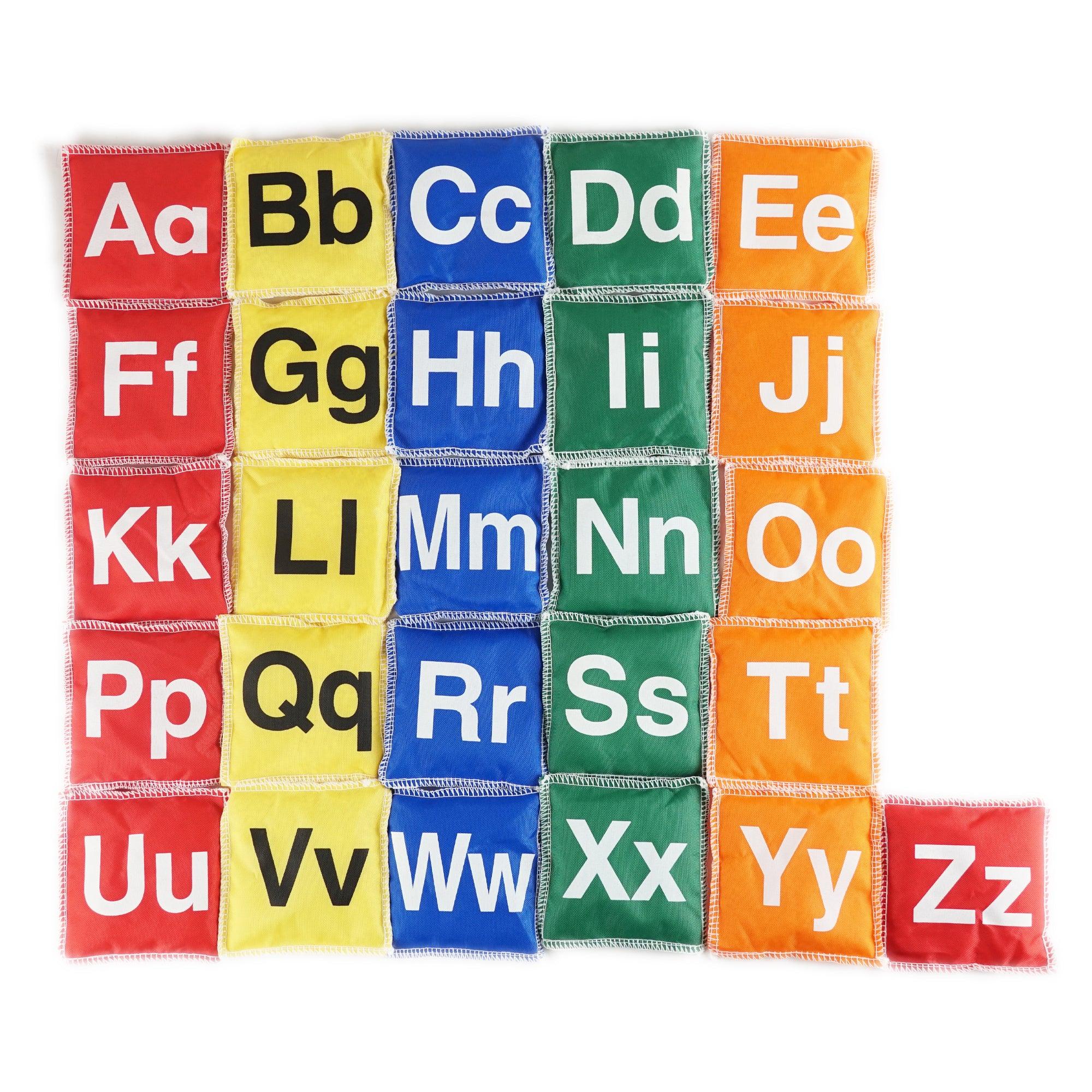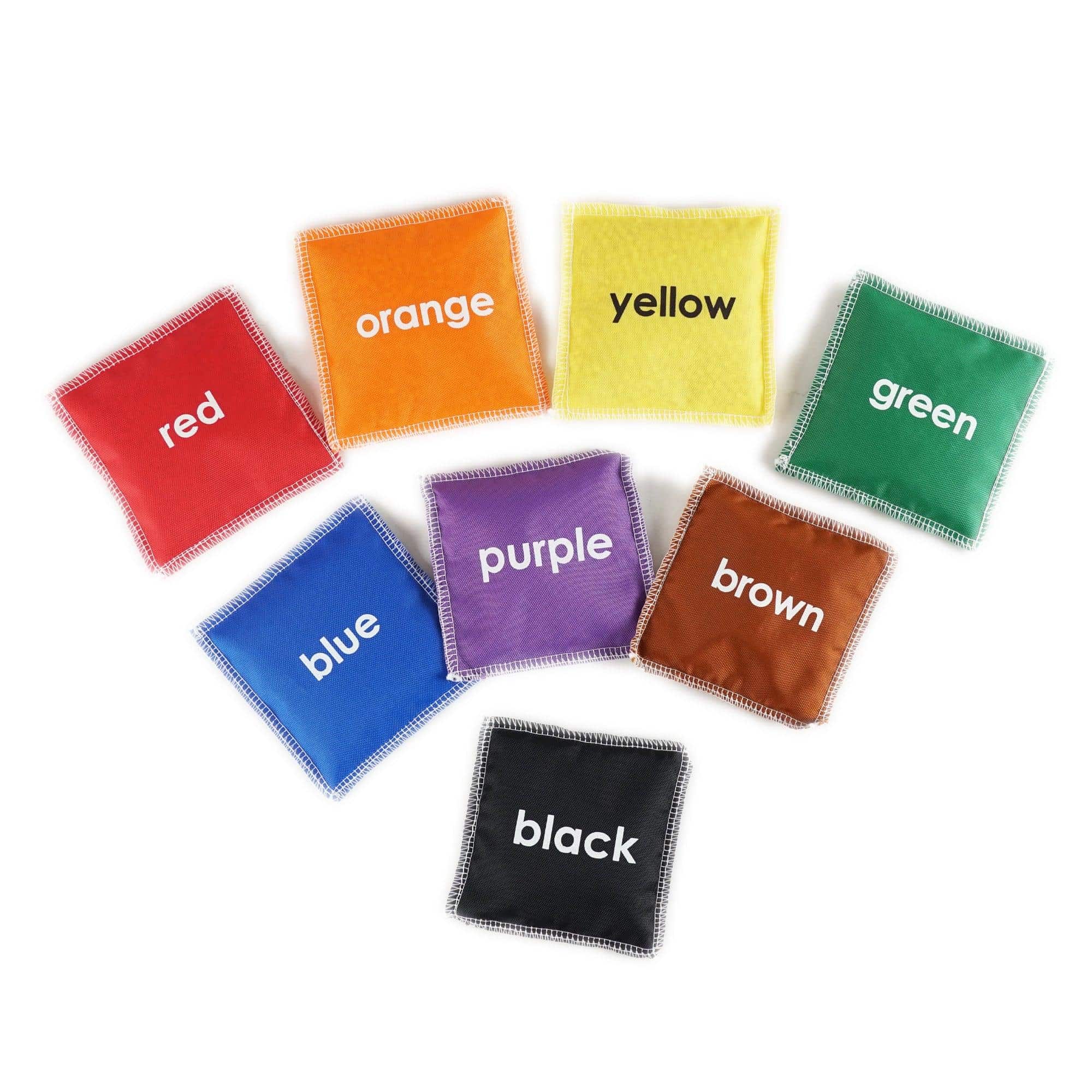The Relationship Between Toys and Social Skills in Early Childhood
Introduction
In the early years of a child’s life, play is not just about having fun and keeping them entertained. It is a crucial aspect of their development, especially when it comes to social skills. The toys they interact with can greatly impact their ability to communicate, cooperate, and form relationships with others. This article explores the important relationship between toys and social skills in early childhood.
Why are social skills important in early childhood?
Social skills lay the foundation for successful interactions and relationships throughout life. During the early years, children start to develop important social abilities, such as sharing, taking turns, and empathy. These skills are vital for healthy social interactions, problem-solving, and emotional development. Toys can play a significant role in facilitating the development of these crucial skills.
The role of toys in developing social skills
Toys are not just objects for play; they serve as tools for learning and growth. Here are some ways toys can contribute to the development of social skills in early childhood:
-
Interactive toys:
Toys designed for collaborative play encourage children to interact with their peers. These toys often require sharing, turn-taking, and cooperation, thereby enhancing social skills. Examples include board games, blocks, and pretend play sets.
-
Toys that promote communication:
Certain toys stimulate speech and language development, which in turn enhances communication skills. For instance, toys with buttons that produce sounds or talking dolls can encourage children to engage in conversations and develop their vocabulary.
-
Puzzles and problem-solving toys:
These toys encourage children to work together to solve challenges, promoting collaboration and teamwork. By engaging in problem-solving activities, children learn to negotiate, listen to others’ ideas, and compromise, all of which are essential social skills.
-
Emotional expression and empathy:
Toys that depict various emotions, such as stuffed animals or dolls with different facial expressions, help children understand and express their own emotions. This understanding of emotions enables them to develop empathy towards others, contributing to their social competence.
Choosing toys to foster social skills
Not all toys are created equal when it comes to promoting social skills. Here are some features to consider when selecting toys that will aid in the development of these crucial abilities:
- Durability: Choose toys that are sturdy and can withstand rough play, encouraging children to engage with others without worrying about damaging them.
- Open-endedness: Opt for toys that allow for imaginative and cooperative play, as children can explore various scenarios and collaborate with others.
- Age-appropriateness: Ensure that the toys are suitable for your child’s developmental stage, providing them with the right level of challenge to promote social growth.
- Diversity: Offer a range of toys that reflect different cultural backgrounds, promoting inclusivity and tolerance.
- Multi-player options: Select toys that can be used by multiple children simultaneously, encouraging social interaction and cooperation.
Conclusion
The toys a child plays with during early childhood have a significant impact on their social development. Interactive toys, those promoting communication, problem-solving, and emotional expression, can greatly enhance social skills. When selecting toys, it is important to prioritize features that foster social growth, such as durability, open-endedness, and age-appropriateness. By understanding the relationship between toys and social skills, parents, caregivers, and educators can facilitate positive social development in young children, equipping them with crucial skills for a lifetime of successful interactions and relationships.




